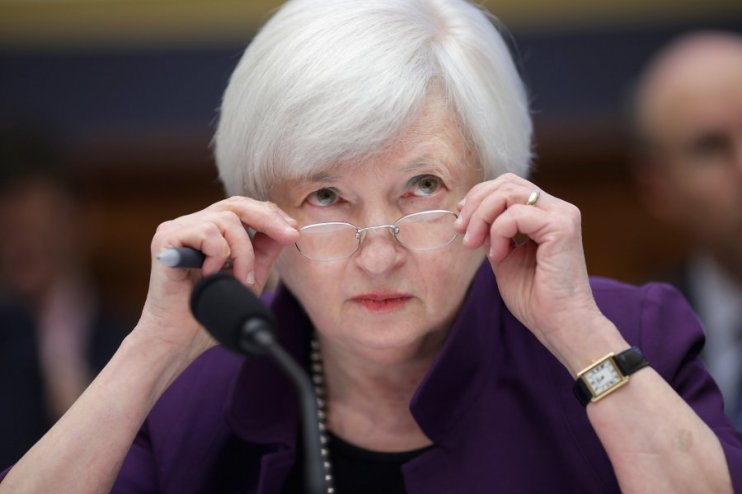Before the Bell: Janet Yellen faces US lawmakers today

A lacklustre trading session for Europe in the absence of US markets yesterday saw European equities finish the day rather mixed with the FTSE100 finishing the day on the back foot, while German and French markets finished the day modestly higher.
Michael Hewson, chief market analyst at CMC Markets UK, told City A.M. this morning that “after the early week optimism of the first trading week of the year, a more realistic tone appears to have set in as the trade-offs from a vaccine program that is increasing in pace, albeit at different speeds across Europe, are offset by concerns that lockdown restrictions may well have to get tighter first before being pared back, thus raising the risks of more permanent economic scarring.”
Incoming US Treasury Secretary
Today’s European open is set to be a positive one, with Asia markets also moving higher this morning, ahead of this afternoons testimony from incoming US Treasury Secretary Janet Yellen.
“Currency markets also had a quiet session with the US dollar likely to be the main focus today as Treasury Secretary in waiting, Janet Yellen, sits down virtually with US lawmakers where she will set out the new Biden administrations case for further large scale fiscal help for the US economy, given current record low levels of interest rates,” Hewson said.
In her previous role as Federal Reserve chair Janet Yellen was always able to express an opinion on the strength or otherwise of the US dollar. The US Treasury Secretary role has traditionally been a little different, though the soon to be gone, incumbent Steven Mnuchin, did stretch the rules in this regard, with comments that the US dollar was too strong.
Traditionally US Treasury Secretaries were discouraged from talking the US dollar lower, in what was universally known as a ‘strong US dollar policy’, a mindset which was reinforced in 1995 by Treasury Secretary Robert Rubin, Hewson recalled.
“The thinking was that pursuing a policy that might be construed as weakening the US dollar, might promote sharp declines in the dollar, or a collapse in its external value, which in turn could prompt a race to the bottom,” he continued.
“It doesn’t mean of course that the US is advocating a policy that deliberately pursues a policy of pushing the US dollar higher. It’s simply a matter of optics that US politicians don’t comment on the level of the currency, a convention that has been suspended for the past four years,” Hewson explained.
Yellen will also need to convince the more sceptical cohort of US lawmakers that the new Biden fiscal plan, where there is agreement on another $1,400 stimulus cheque, but where the increases in the minimum wage and other safety net programs, are slightly more problematic, won’t cause an unsustainable rise in the US national debt.
“This is the main concern of the more fiscally conservative US lawmakers, and something that Janet Yellen will have to use all of her political skills to convince is necessary in the short term at least,” Hewson noted.
Her biggest problem will be arguing the case that further stimulus is required urgently to deal with a problem which to a large extent has been exacerbated by the very policies that the Federal Reserve has been at the forefront of over the last twelve years, he concluded.